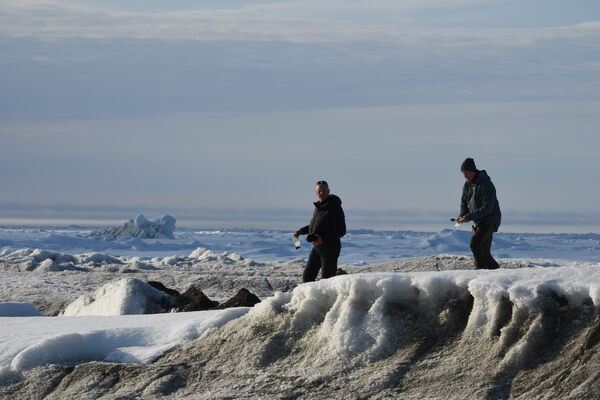![Everything We Know About The Isolated Sentinelese People Of North Sentinel Island In this undated photo released by the Anthropological Survey of India, Sentinelese tribe men row... [+] their canoe in Indias Andaman and Nicobar arc](https://imageio.forbes.com/specials-images/dam/imageserve/eb54e0d3b3e4da11af9f0014c2589dfb/0x0.jpg?format=jpg&height=900&width=1600&fit=bounds)
Everything We Know About The Isolated Sentinelese People Of North Sentinel Island
In this undated photo released by the Anthropological Survey of India, Sentinelese tribe men row... [+] their canoe in Indias Andaman and Nicobar archipelago. Government officials and anthropologists believe that ancient knowledge of the movement of wind, sea and birds may have saved the five indigenous tribes on the Indian archipelago of Andaman and Nicobar islands from the tsunami that hit the Asian coastline Dec. 26, 2004. (AP Photo/Anthropological Survey of India, HO)
The death of an American tourist who illegally visited the isolated North Sentinel Island had drawn the world's attention to the small island's reclusive inhabitants. They're one of the few mostly "uncontacted" groups left in the world, and they owe that isolation partly to geography -- North Sentinel is a small island, off the main shipping routes, surrounded by a shallow reef with no natural harbors -- partly to protective laws enforced by the Indian government, and partly to their own fierce defense of their home and their privacy. But they're not entirely uncontacted; over the last 200 years, outsiders have visited the island several times, and it often ended badly for both sides.
According to a 2011 census effort, and based on anthropologists' estimates of how many people the island could support, there are probably somewhere between 80 and 150 people on North Sentinel Island, although it could be as many as 500 or as few as 15. The Sentinelese people are related to other indigenous groups in the Andaman Islands, a chain of islands in India's Bay of Bengal, but they've been isolated for long enough that other Andaman groups, like the Onge and the Jarawa, can't understand their language.


















